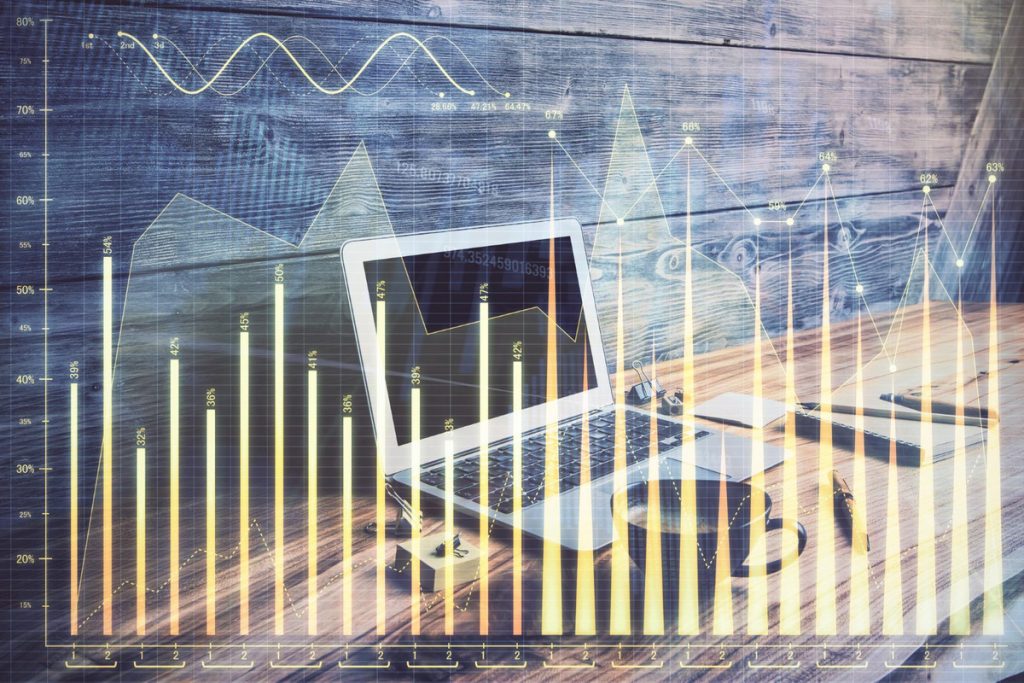The Impact of Inflation on the Global Economy
Inflation remains a central issue in many parts of the world. In 2025, several developed and emerging economies are grappling with high inflation rates, leading to increased living costs for consumers and reduced purchasing power. Central banks are responding with interest rate hikes in an attempt to curb inflation, but these measures also have the potential to slow economic growth. Inflation is likely to remain a critical issue in global economic discussions in the coming year.
The Role of Technology in Economic Growth
Technology continues to reshape the global economy in profound ways. In 2025, artificial intelligence (AI), automation, and digital transformation will play major roles in boosting productivity and economic efficiency. Industries such as manufacturing, healthcare, and finance are already benefiting from technological innovations, and this trend is set to accelerate. Countries that invest in technology and innovation will have a significant competitive advantage in the global economy.
The Effects of Global Supply Chain Disruptions
In recent years, supply chain disruptions have had a major impact on global trade, and this issue is expected to persist in 2025. The COVID-19 pandemic exposed vulnerabilities in the global supply chain, and geopolitical tensions, such as trade wars and conflicts, continue to disrupt the flow of goods. Companies around the world are looking for ways to increase supply chain resilience and reduce dependence on single suppliers. The need for diversification and technological integration in supply chains will be crucial in 2025.
Global Trade and Geopolitical Tensions
Geopolitical tensions, particularly between major economic powers, are expected to remain a significant challenge in 2025. Trade wars, sanctions, and economic rivalry are likely to continue affecting global trade relations. Countries will need to balance their economic interests with political considerations, and international trade agreements will play a crucial role in shaping the global economic landscape. The shift towards regional trade agreements may also reshape global trade flows in the coming years.
Green Economy: The Rise of Sustainable Investments
As the world faces the realities of climate change, there is growing interest in sustainable investments. In 2025, green economy initiatives are expected to gain further traction, with more businesses and governments prioritizing environmental sustainability. Investments in renewable energy, sustainable agriculture, and green technology will increase as both consumers and investors demand more eco-friendly options. The transition to a green economy will create new business opportunities and help mitigate the environmental challenges facing the planet.
The Future of Employment and Remote Work
Remote work has become a permanent fixture in many industries, and this trend is expected to continue in 2025. Advances in communication technologies and changing workplace cultures have made it easier for businesses to offer flexible work options. While remote work has many advantages, it also presents challenges related to employee engagement, productivity, and work-life balance. The evolution of the global workforce will be shaped by how companies adapt to these challenges in the coming years.
Conclusion: What to Expect from the Global Economy in 2025
The global economy in 2025 will be marked by both opportunities and challenges. Inflation, supply chain disruptions, and geopolitical tensions will continue to create uncertainty, while technological advancements and the rise of sustainable investments offer new avenues for growth. Governments, businesses, and individuals will need to stay adaptable and informed to navigate the evolving global economic landscape. Keeping an eye on these key trends will be crucial for making informed decisions in the coming year.
Frequently Asked Questions
- What factors will influence the global economy in 2025?
- Key factors include inflation, technological advancements, supply chain disruptions, and geopolitical tensions.
- How will inflation affect the global economy?
- Inflation will lead to higher living costs, reduced purchasing power, and potential slowdowns in economic growth.
- What role will technology play in global economic growth?
- Technology will drive productivity gains in various industries and enhance economic efficiency.
- What are the impacts of global supply chain disruptions?
- Disruptions will continue to affect global trade, highlighting the need for resilience and diversification in supply chains.
- How will geopolitical tensions affect global trade?
- Geopolitical tensions may disrupt trade relations, leading to a shift towards regional trade agreements and economic rivalries.
- What is the green economy?
- The green economy focuses on sustainable investments, renewable energy, and eco-friendly business practices.
- How will remote work affect global employment trends?
- Remote work will continue to shape employment patterns, requiring businesses to address challenges related to productivity and employee engagement.
- What are the key economic risks in 2025?
- Key risks include inflation, supply chain disruptions, geopolitical tensions, and the impact of the COVID-19 pandemic.
- What are the growth prospects for the green economy?
- The green economy is expected to grow rapidly as sustainability becomes a priority for both consumers and investors.
- How can businesses prepare for the economic challenges of 2025?
- Businesses can prepare by diversifying supply chains, investing in technology, and adapting to changing work environments.




